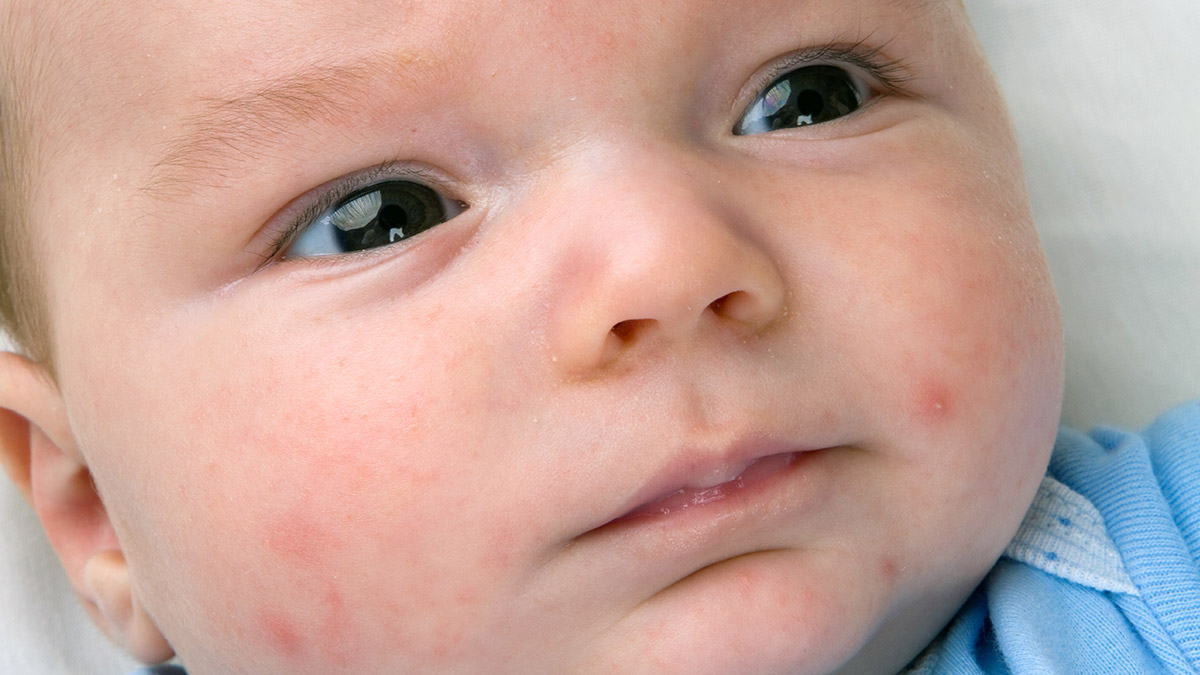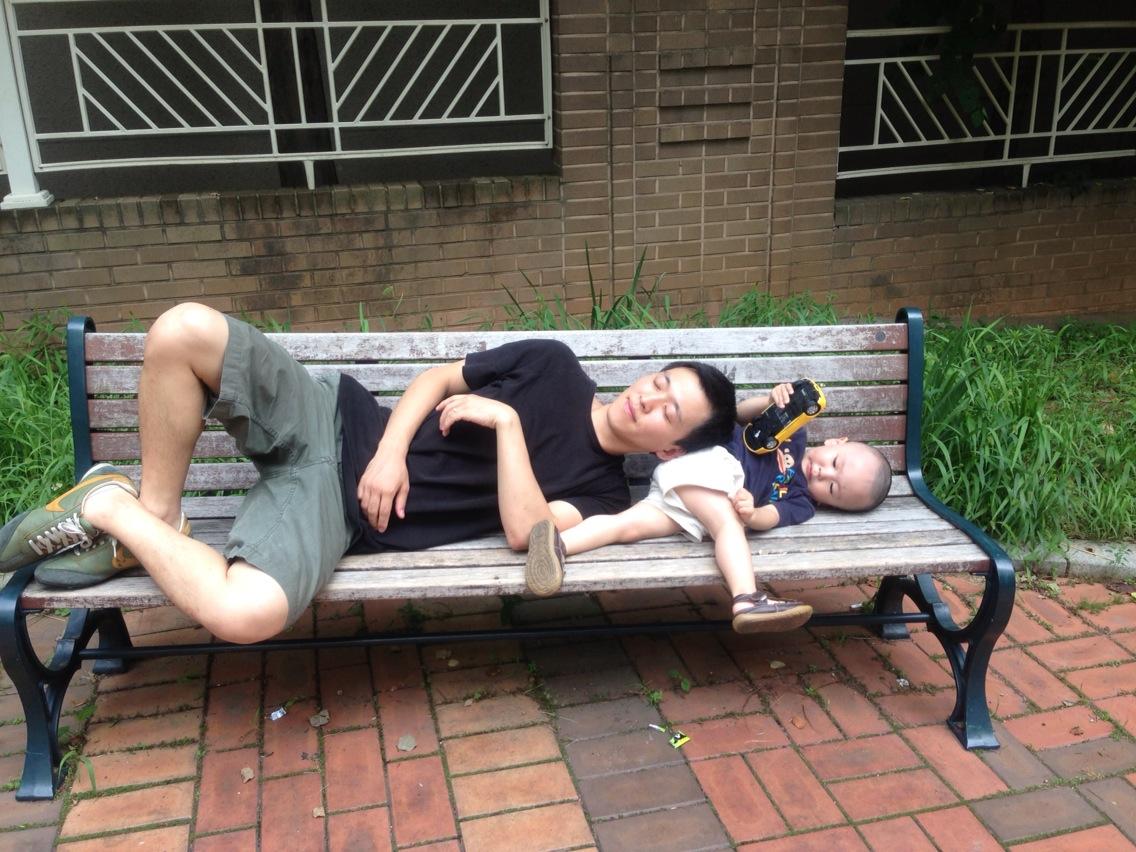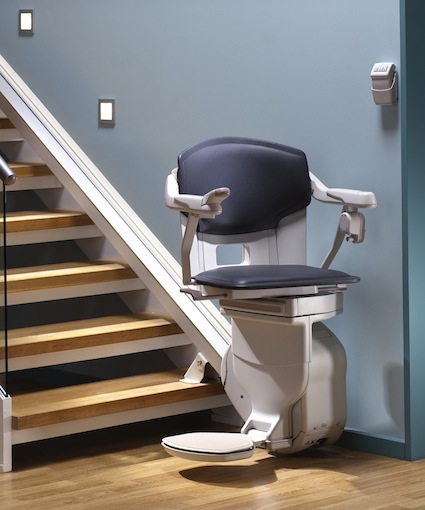It is estimated that in the UK alone, up to 15 million people could be living with eczema and those most vulnerable to the skin condition are babies in their first few months.
Eczema will often appear on babies’ skin as red and crusty patches that can cause them extreme discomfort. Whilst it is a common and treatable condition that your infant is likely to outgrow, it can be a very distressing period.
Eczema Triggers
Thankfully there are various home remedies and treatments you can use to keep your baby’s eczema at bay, but first, it is important to understand what may be making the skin condition worse. The first trigger of the condition is dry skin, especially in the winter as this can make the skin itchier.
Equally, if your baby is too warm and sweating, the moisture from the sweat can start to irritate their skin. It is also key to be aware of any irritants such as perfumed body wash/soap, detergents, polyester and other scratchy fabrics as these can all cause the condition to quickly flare up. Finally, new research has suggested that your baby’s diet may cause eczema to worsen, particularly if they have any allergies so keeping track of what they are eating may help.
Remedies for Eczema
The first step in treating your baby’s skin is to ensure it is regularly moisturised with a ceramides-based moisturiser.
Any fragrance-free cream, petroleum jelly or ointment when applied several times a day will help to keep your baby’s skin moisturised.These will all be available in your local pharmacy and through a prescription from your GP.
Bathing your baby is also important to help keep the skin hydrated and to help ease any itching, especially before bed. Ensure that the bath is lukewarm and that they are in there for no longer than 10 minutes or the skin will start to dry out again.
Bath soaks, body wash or soaps used in the bath or on the skin should also be unscented or as mild as possible. If you do however have to use soap or body wash on your child you should only target the dirty areas of the body such as hands, feet and genitals- the rest of the body can be rinsed off. Once out of the bath be sure to gently pat dry your baby’s skin instead of rubbing to retain the skin’s moisture and avoid irritation.
Finally, dressing your baby in loose cotton clothing will help to avoid any rubbing or irritation on their skin, again, particularly at night. Your baby’s clothes should be always be freshly washed with a mild detergent without any fragrances. At night try not to cover your baby in too many blankets or overdress them as sweating can trigger their eczema.




